-

Rebel News again proves that it’s not doing journalism
If Ezra Levant wants to play politics, he should do so as a politician and see how well his extreme views go over with voters. Allowing him to maintain the pretext that he is practising journalism is a farce that is doing a disservice to our political system, and by extension all Canadians.
-
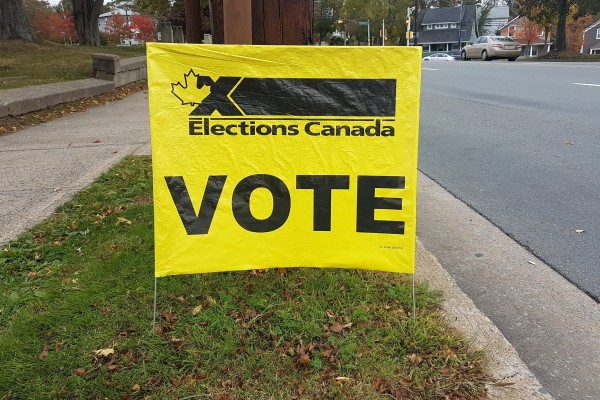
A leftist’s guide to strategic voting
For decades, Liberals have successfully told a lie that strategic voting in Canada is simply voting Liberal. That “Anything But Conservative” pitch actually means “Always Vote Liberal.” But this is a false premise. You can defeat Poilievre and weaken Carney all while building a more progressive Canada with a left-minded strategic voting plan.
-
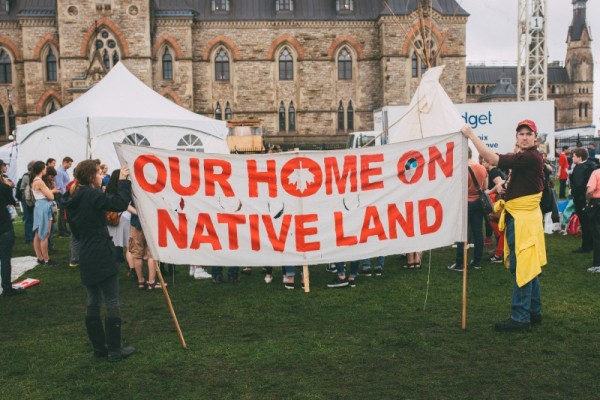
In the tariff war, Canada forgetting about Indigenous nations
Ignoring Indigenous nations and rights as Canada enters a new economic chapter would shred Canada’s reputation, much as ignoring the Canada-United States-Mexico Agreement shreds America’s. Ignoring us is contrary to the last decade of Canada’s Truth and Reconciliation work and is a risk to both the legitimacy of political elites and the profitability of Canadian industries.
-
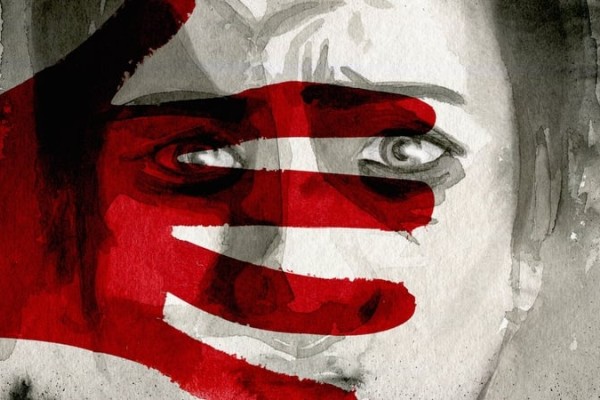
Party leader’s domestic violence policy will fail survivors and communities
Survivors and family members of victims who criticize the current criminal justice system for not listening to the voices of survivors and for failing to keep them safe are right. We need to listen to their concerns and take steps to address them, but Conservative Party leader Pierre Poilievre’s law and order approach is not the way to go.
-
_600_400_90_s_c1.jpg)
Could a Trump-driven trade crisis spur us to rethink economic growth?
Now that economic rethinking is on the agenda, argues Richard Swift, it’s a good time for those who see the ominous writing on the wall to challenge the growth consensus and promote a package of serious degrowth measures, some of which align with historic left demands and the Green New Deal which seems to have faded from view.
-
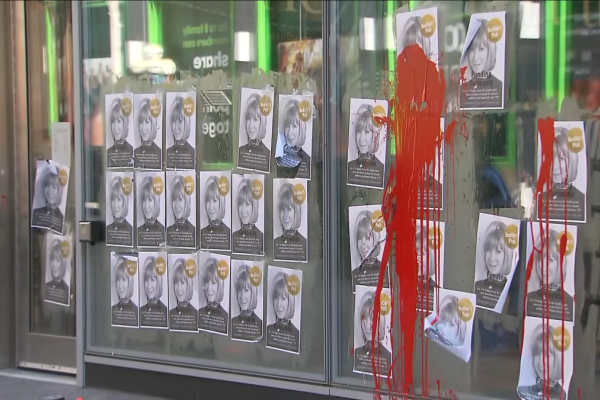
Political policing in Canada
The deployment of the police, including specialized units, to disrupt protest activity and movement building has continued into our own era, but it is also important to understand that more everyday police functions centre on forms of social control that are linked to the political priorities of the ruling establishment.
-
_600_400_90_s_c1.jpg)
Shell exits Nigeria, leaving behind trail of environmental degradation
The issue of environmental justice is relevant today in light of Shell’s decision to sell its onshore oil and gas operations in Nigeria, the continent’s biggest oil producer. In March 2025, Shell finalized the sale of $2.4 billion in onshore and shallow-water assets in Nigeria to a consortium of Nigerian companies called Renaissance.
-

Move fast and break kings
There is another policy response to tariffs, one that will substantially lower prices for Canadians, while incubating profitable, export-oriented Canadian tech firms, whose products can be sold by community-based small and medium enterprises, to the benefit of the Canadian news and culture industry, Canadian software firms, and Canadian consumers.
-
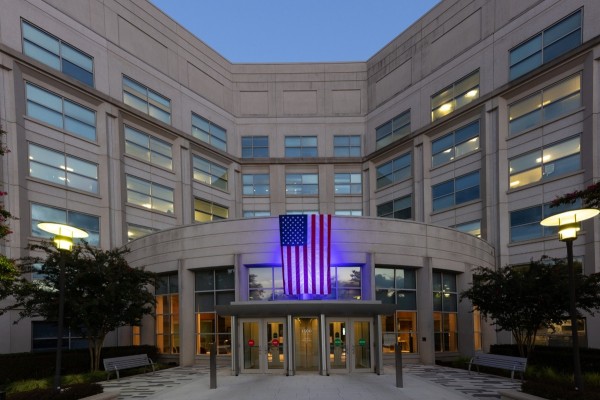
America’s surprising annual threat assessment
From economic war on long-time trading partners and allies, like Canada, to the threat of war or the support of war against adversaries, like Iran and Russia, the American public is misleadingly being told something very different by their government than their government is being told by its intelligence community.
-

Working class politics in the age of dealignment
There are multiple theses competing for narrative leadership to explain dealignment and surging working class support for right-wing populism. One less discussed factor in the drift of working class voters away from traditional values and politics is the problematic role and capacity of the labour movement to influence working class political outlooks and choices.



